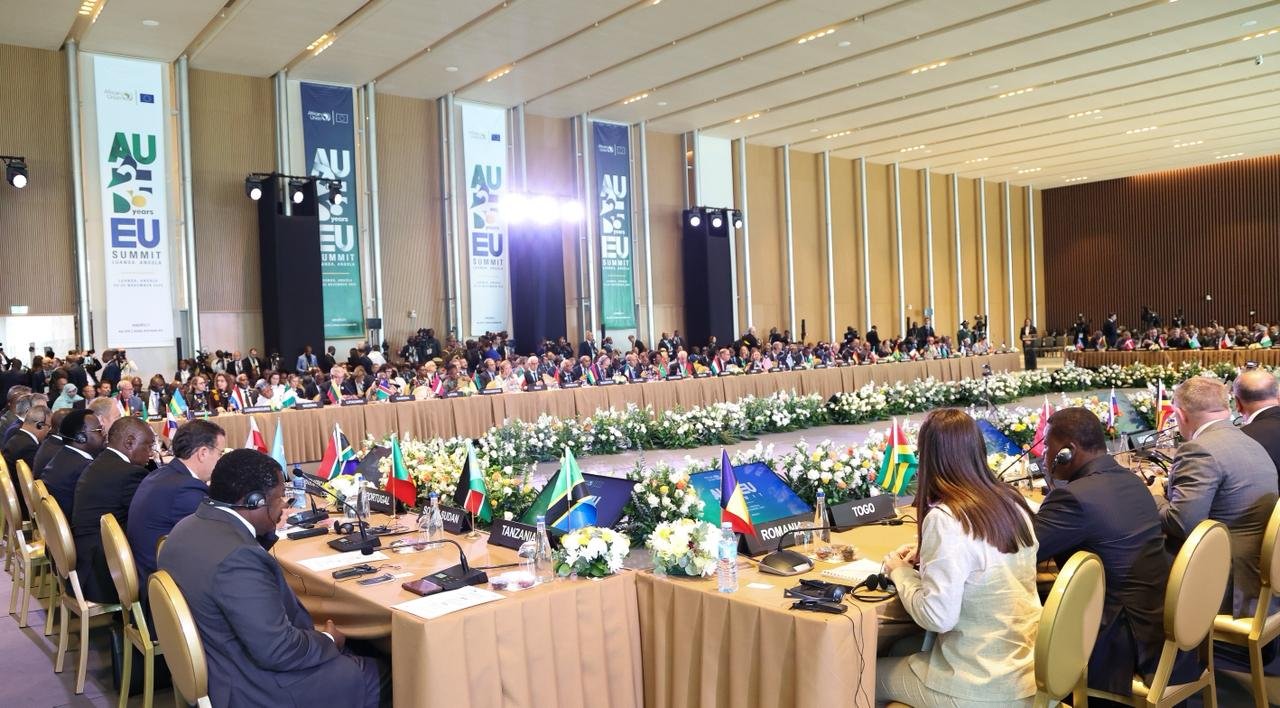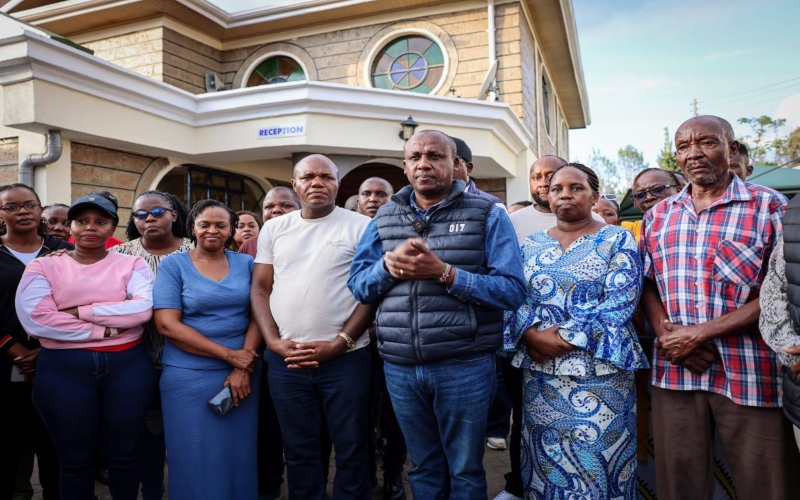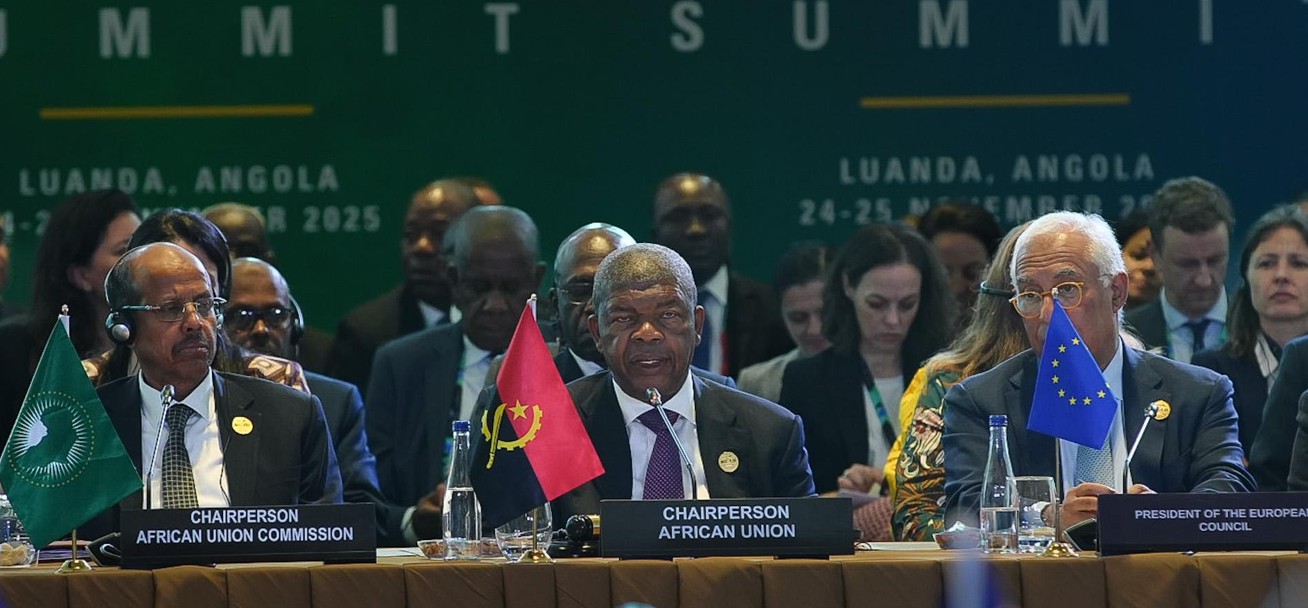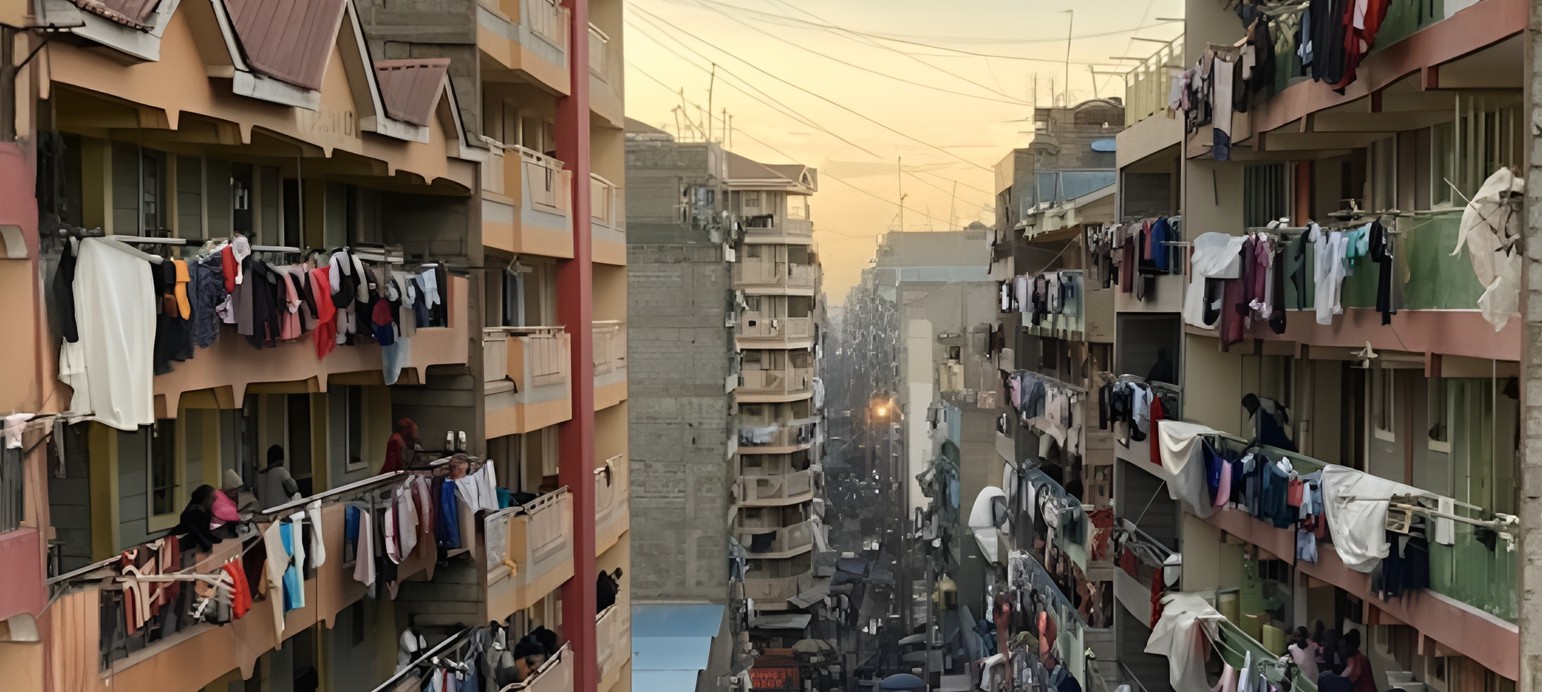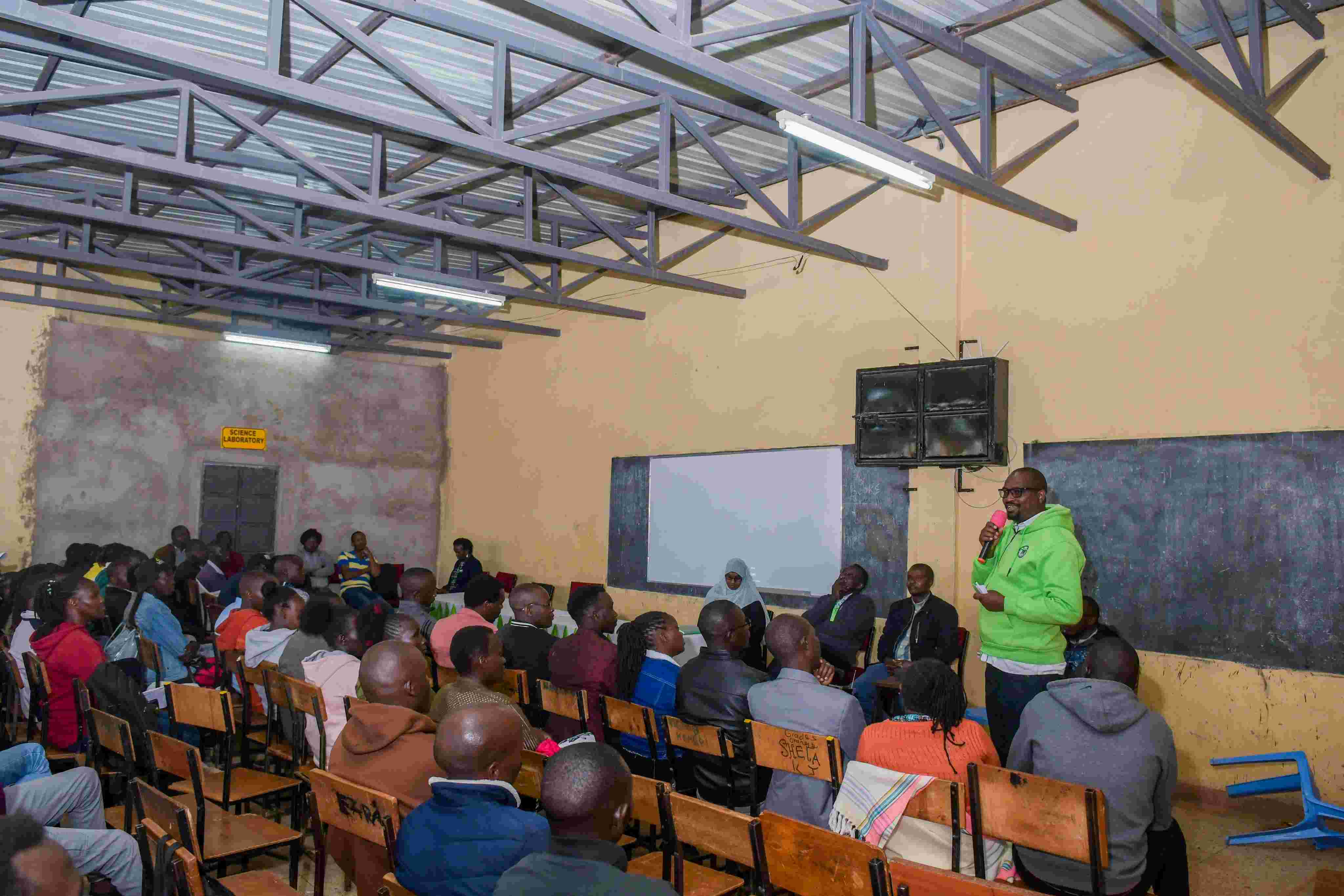Electricty cost to decrease with Adani Group partnership – CS Wandayi
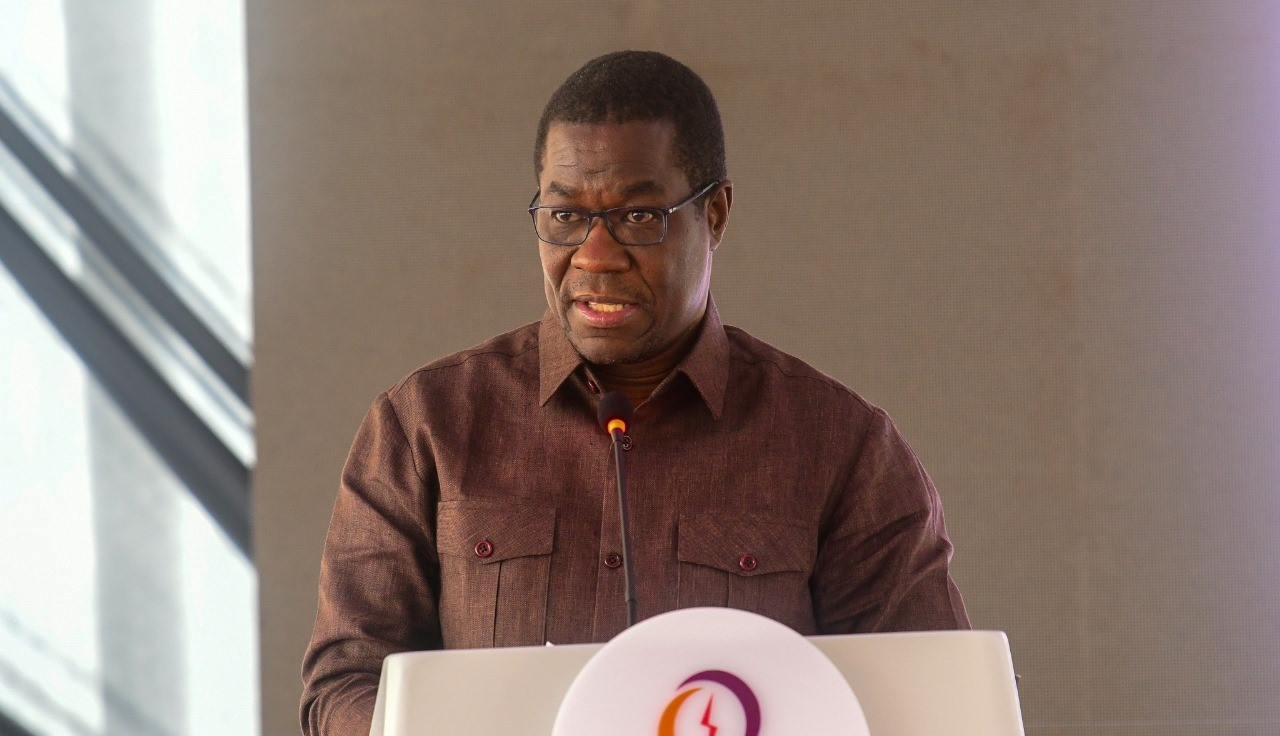
The Adani Group has secured a Sh95 billion deal to build and operate three new transmission lines.
Kenya is confident in the Indian conglomerate Adani Group, helping reduce its growing electricity costs.
Energy Cabinet Secretary Opiyo Wandayi on Thursday said that the Indian conglomerate will construct high-voltage power transmission lines, a move aimed at cutting down on system losses.
More To Read
- Ruto admits Kenya is rationing electricity, says at least Sh1.2 trillion needed to boost capacity
- Why countries struggle to ditch fossil fuels despite rising costs, decades of climate deals
- Only three African countries will attain universal clean cooking access by 2050 - IEA
- MPs unlock funds to revive 13 mini-grids in six remote counties
- High Court grants State final chance to provide proof of KETRACO-Adani tender cancellation
- Kenya cancels multi-billion-shilling Adani border security project for visitor tracking
During a recent event in Naivasha, Wandayi emphasised the importance of public-private partnerships (PPPs) in funding critical infrastructure like highways and power lines, particularly as public debt continues to rise.
He noted that the country's ageing electricity transmission and distribution network has contributed to frequent blackouts and increased energy costs due to significant energy losses.
Currently, system losses are at 24 per cent, far above the targeted 14.9 per cent, largely due to power theft and outdated infrastructure stemming from years of neglect.
This inefficiency affects not only high-voltage lines but also substations and low-voltage networks that connect homes and businesses to the national grid.
The Adani Group has secured a Sh95 billion deal to build and operate three new transmission lines and two substations over a 30-year period before handing them over to the Kenyan government.
The project aims to address these inefficiencies, ultimately lowering blackouts and electricity bills for consumers.
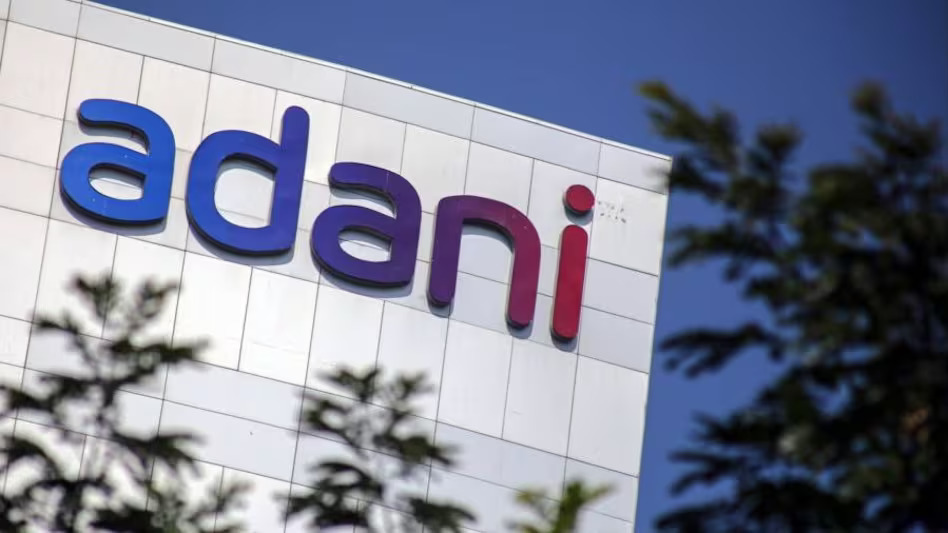 Adani Group, a multinational conglomerate, headquartered in Ahmedabad, India. (Photo: Handout)
Adani Group, a multinational conglomerate, headquartered in Ahmedabad, India. (Photo: Handout)India's Adani Group
"The improved infrastructure that will come as a result of the execution of this project by Ketraco and Adani will help us address one of the biggest challenges the sector faces. The technical and commercial losses stand at 24 per cent, which is not sustainable," Wandayi explained.
The partnership is expected to introduce a new charge on household electricity bills, known as the wheeling charge, which will help recover the investments made by Adani and its partners, including a unit of the African Development Bank.
KenGen, the state-owned entity responsible for generating the majority of Kenya's electricity, is also focusing on renewable energy sources such as geothermal, wind, and solar as part of its long-term sustainability goals.
The need to enhance the electricity transmission network has become urgent due to increased generation capacity and the growing number of households connected to the grid.
As part of the agreement, Adani Group will construct two major power transmission lines: a 206-kilometre 400kV line from Gilgil to Konza, expected to improve supply around Nairobi and slated for completion in 2027; and a 70-kilometre 132kV line from Menengai to Olkalou, designed to enhance the power evacuation route for the Menengai geothermal complex, scheduled for 2028. Additionally, two substations—132kV Thur Diburo and a 400/220/132kV station in Rongai—will also be built.
However, the awarding of this contract to Adani continues to spark opposition and controversy, reflecting concerns over the implications for Kenya's energy sector.
Other Topics To Read
Top Stories Today


